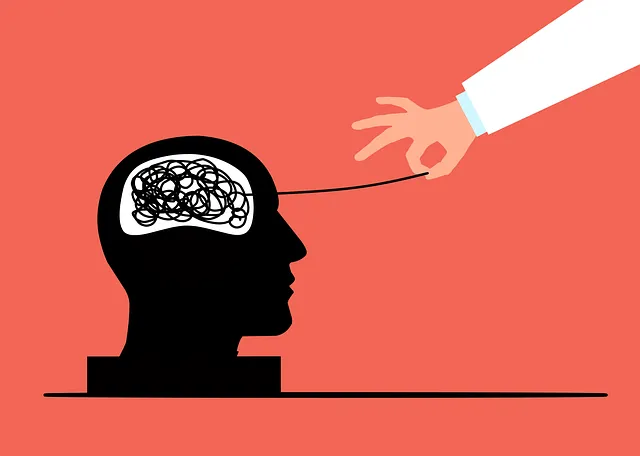Journaling, as promoted by Broomfield Kaiser mental health classes, is a powerful tool for enhancing mental wellness through self-reflection, processing thoughts and emotions, gaining insights, cultivating emotional intelligence, managing stress, developing empathy, and promoting positive mindsets. Starting a journaling routine with dedicated space, personalized prompts, and insights from community programs can significantly improve emotional regulation and holistic mental wellness.
Unwind and reconnect with yourself through the powerful practice of mental wellness journaling. This introspective exercise, backed by evidence from Broomfield Kaiser mental health classes, offers a sanctuary for processing emotions, cultivating self-awareness, and promoting overall well-being. In this guide, we’ll explore how to harness the benefits of journaling, from understanding its impact on mental health to discovering effective techniques that will enrich your journey towards resilience and tranquility.
- Understanding Mental Wellness Journaling Benefits
- Setting Up Your Journal for Effective Reflection
- Techniques to Enhance Journaling Practice for Mental Health
Understanding Mental Wellness Journaling Benefits

Journaling has emerged as a powerful tool for mental wellness, offering individuals a personal and intimate way to explore their thoughts and emotions. By putting pen to paper (or fingers to keyboard), people can gain valuable insights into their mental health journey. This simple yet profound practice provides a safe space for self-reflection, allowing individuals to process their experiences, identify patterns, and cultivate a deeper understanding of themselves.
Engaging in regular journaling can have significant benefits, as highlighted by the Broomfield Kaiser Mental Health Classes. It serves as an effective stress management strategy, enabling people to offload worries and anxieties onto the page. Additionally, it fosters mental health awareness by encouraging individuals to tune into their feelings and develop empathy building strategies. Through this process, one can enhance emotional intelligence, improve cognitive function, and cultivate a more positive mindset, ultimately contributing to overall well-being.
Setting Up Your Journal for Effective Reflection

Starting your mental wellness journey with a journal is an excellent initiative, especially with guidance from resources like Broomfield Kaiser mental health classes. To make the most of this practice, dedicate time to setting up your journal effectively. Choose a space where you feel comfortable and safe to reflect—a quiet corner of your home or even a dedicated journaling area. Select a physical journal that feels right; it could be elaborate or simple, depending on your preference. Some people find decorative journals inspiring, while others opt for plain notebooks for more candid expression.
Personalizing your journal setup can enhance the process. Consider adding prompts or questions relevant to your mental health journey. For instance, you might include “What challenges did I face this week?” or “What moments of joy stood out?” You could also incorporate elements from Community Outreach Program Implementation and Mental Health Policy Analysis and Advocacy—reflecting on how societal changes impact your individual experiences. This tailored approach will make journaling a more engaging and meaningful practice, helping you track progress and explore thoughts and feelings in a structured yet flexible manner.
Techniques to Enhance Journaling Practice for Mental Health

Integrating mental wellness journaling into your routine can be a powerful tool for self-reflection and emotional regulation. To enhance this practice, consider incorporating various techniques that cater to different aspects of mental health. For instance, mindful writing practices such as focusing on breath awareness or guided visualizations can help calm the mind and foster a sense of inner peace. These methods are often taught in Broomfield Kaiser mental health classes, emphasizing the connection between physical and emotional well-being.
Additionally, incorporating structured prompts can make journaling more engaging and beneficial. These could include reflecting on daily experiences, exploring emotions through color-coding or symbolism, or even employing creative writing exercises inspired by empathy-building strategies from Healthcare Provider Cultural Competency Training. Conflict Resolution Techniques can also be incorporated by analyzing interpersonal interactions and practicing self-compassion. Such diverse approaches ensure that journaling becomes a dynamic process, supporting holistic mental wellness.
Mental wellness journaling can be a powerful tool for self-discovery and improvement, as demonstrated by various programs like those offered by Broomfield Kaiser mental health classes. By setting up your journal effectively and employing enhanced techniques, you can harness its potential to navigate life’s challenges with greater resilience. Remember, consistency is key; make journaling a regular part of your routine to reap the full benefits.






